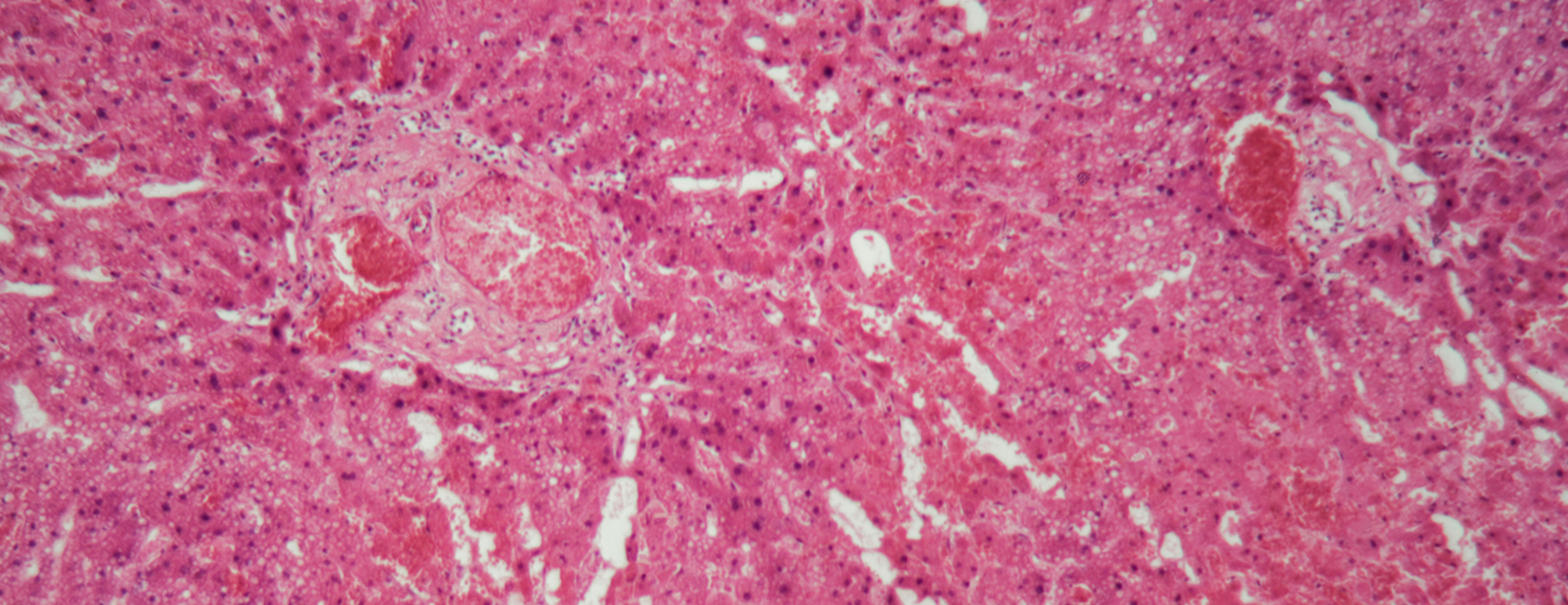
Carpal tunnel biopsy
Definition
Carpal tunnel biopsy is a test in which a small piece of tissue is removed from the carpal tunnel (part of the wrist).
Alternative Names
Biopsy - carpal tunnel
How the Test is Performed
The skin of your wrist is cleansed and injected with medicine that numbs the area. Through a small cut, a sample of tissue is removed from the carpal tunnel. This is done by direct removal of tissue or by needle
Sometimes this procedure is done at the same time as
How to Prepare for the Test
Follow instructions for not eating or drinking anything for a few hours before the test.
How the Test will Feel
You may feel some stinging or burning when the numbing medicine is injected. You may also feel some pressure or tugging during the procedure. Afterward, the area may be tender or sore for a few days.
Why the Test is Performed
This test is often done to see if you have a condition called
Carpal tunnel syndrome is a condition in which there is excessive pressure on the median nerve. This is the nerve in the wrist that allows feeling and movement to parts of the hand. Carpal tunnel syndrome can lead to numbness, tingling, weakness, or muscle damage in the hand and fingers.
Normal Results
No abnormal tissues are found.
What Abnormal Results Mean
An abnormal result means that you have amyloidosis. Other medical treatment will be needed for this condition.
Risks
Risks of this procedure include:
- Bleeding
- Damage to the nerve in this area
- Infection (a slight risk any time the skin is broken)
References
Calandruccio JH. Carpal tunnel syndrome, ulnar tunnel syndrome, and stenosing tenosynovitis. In: Azar FM, Beaty JH, Canale ST, eds. Campbell's Operative Orthopaedics. 13th ed. Philadelphia, PA: Elsevier; 2017:chap 76.
Hawkins PN. Amyloidosis. In: Hochberg MC, Silman AJ, Smolen JS, Weinblatt ME, Weisman MH, eds. Rheumatology. 7th ed. Philadelphia, PA: Elsevier; 2019:chap 177.
Review Date: 08/15/2018
The information provided herein should not be used during any medical emergency or for the diagnosis or treatment of any medical condition. A licensed physician should be consulted for diagnosis and treatment of any and all medical conditions. Call 911 for all medical emergencies. Links to other sites are provided for information only -- they do not constitute endorsements of those other sites. Copyright ©2019 A.D.A.M., Inc., as modified by University of California San Francisco. Any duplication or distribution of the information contained herein is strictly prohibited.
Information developed by A.D.A.M., Inc. regarding tests and test results may not directly correspond with information provided by UCSF Health. Please discuss with your doctor any questions or concerns you may have.





